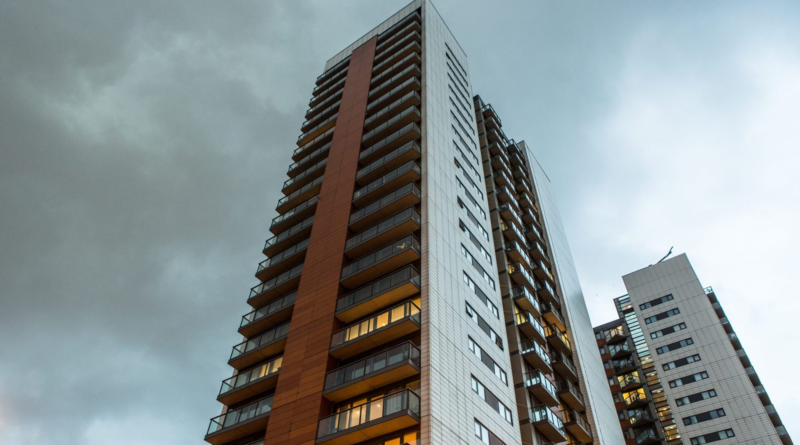Despite the return-to-office push, loan delinquencies surpassed 10% for the first time in more than a decade
Delinquencies on office loans rose 56 basis points between September and October to reach 10.35%, its highest level since August 2012, according to a recent report from Moody’s Ratings. The debt is due, and landlords are late.
The overall commercial delinquency rate ticked up from 6.88% to 6.94%, representing an increase of $1.93 billion. That was mostly fueled by $831.1 million in office loans. Delinquencies rose for multifamily, or apartment loans, but it dropped for retail, hotels, and industrial loans, according to the report. So it seems office is still the elephant in the commercial real estate room.
Five of the 10 largest newly delinquent loans were office loans. Not to mention, the office delinquency rate was pushed higher by five loans with outstanding balances above $50 million becoming newly delinquent; and three of the five largest loans to become delinquent were office loans with outstanding balances above $95 million, according to the report.
The largest newly delinquent loan has a current balance of $200 million; it’s a mixed-use building, with a loan past its maturity date. The second and third largest are offices, with current balances of $200 million and $100 million, respectively; the former’s loan passed its scheduled maturity date and the latter is 60 days past due, per the report. All three are on the East Coast.
All commercial real estate is vulnerable to higher interest rates—so the Federal Reserve aggressively hiking its key interest rate to tame scorching hot inflation wasn’t great for commercial properties and their owners, especially after an era of cheap money. And while the Fed has started cutting rates, the pace of cuts may be slower than hoped.
But office had another problem: remote work and hybrid work since the pandemic hitting demand. People could pretty much work and live from wherever they wanted, again not great for offices.
“That delinquency is tied more to the hybrid work from home trend that has been impacting office now since 2020,” Darrell Wheeler, head of CMBS Research at Moody’s Ratings, told Fortune in a statement. “The office market has been benefiting from job growth, but in most markets, it has not been enough to overcome the decreased need for office space. We expect this will continue into 2027, as more leases expire.”
So it still isn’t great, despite the “return to office” push. A prior Moody’s analysis found in the second quarter of this year, office vacancies set an all time high, “breaking the 20% barrier for the first time in history,” it said. If no one is paying the rent, the landlord can’t pay their mortgage.
One commercial real estate chief executive once called what was happening in office “apocalyptical.” Another said for the buildings that aren’t positioned well and have debt coming due, “they’ll have no choice but to hand the keys back to the lender.”
Then there’s Ross Perot Jr. who once told me, “it’ll be years before we really understand the damage the pandemic did to the world…it broke the habit patterns of millions of people that used to go to work every day in a real office.” And JPMorgan Chase’s head of commercial real estate, Al Brooks, once described it as a sea change for offices.
Not all offices are in trouble. Class A buildings—those that are luxurious, secure, with remarkable amenities—are fine. And places, such as Miami, are winning the office space slump. Still, Capital Economics previously predicted office values would fall 40% by the end of next year, with no recovery in the next decade and a half. In December last year, Kevin Fagan, head of commercial real estate analysis at Moody’s told me, it was going to be “a pretty bloody headline year.” He wasn’t wrong it seems.




